Just off the back of stylish murder mystery The Sexy Brutale, Tequila Works are back with an altogether different head-scratcher. Rime is an open world puzzle adventure, originally slated for release under the Microsoft banner. It was abandoned, subsequently saved by Sony, and unveiled at Gamescom 2013. After a tumultuous road to release Tequila Works and their publishers, Grey Box and Six Foot, have ultimately delivered a story of loss, discovery, and family to PlayStation 4, XBox One, and PC. This is our RiME review.
Set on an unnamed island, Rime opens on the figure of a solitary child, strewn upon a golden shore that leads off towards an unexplored island and the rest of this game. Initial impressions of Rime are that it bears an uncanny resemblance to adventure games such as Journey, Zelda: The Wind Waker, and The Last Guardian. Built using the Unreal 4 engine, Rime takes a similar cell shaded approach to animation as Thatgamecompany’s narrative tale. The island’s opening shores are a golden canvas, contrasting a striking blue ocean that surrounds the island’s perimeter. Bold blankets of color sweep their way across the landscape as abandoned ruins, crumbling amphitheaters, and towering monoliths, inspired by Mediterranean and Moroccan architecture, adorn the horizon and act as a guide to players.
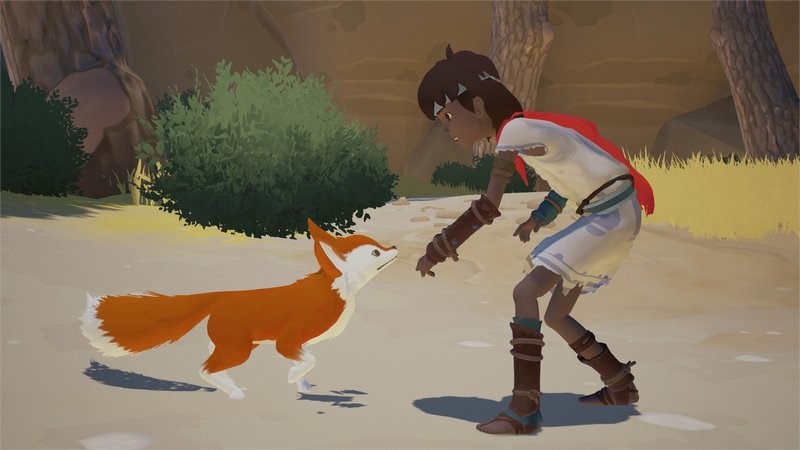 Pursuing these ancient whitewashed facades around each of the island’s seven major zones uncovers a series of increasingly complex puzzles that, early on, strike a satisfying balance. Early encounters act as an unscripted tutorial, instructing the player on how to use their voice to activate various elements of the island’s puzzles, from waking the islands slumbering statues to igniting fires in the dark. Further interactive map components include movable blocks, shifting platforms, and even giant sundials, These are obviously telegraphed using gold highlights and neon blue components that ensure players rarely find themselves at a loss. Even individuals with my own distinctly atrocious sense of direction will find it difficult to get lost thanks to some clever segregation of the map and a fox spirit that guides the game’s protagonist on their journey.
Pursuing these ancient whitewashed facades around each of the island’s seven major zones uncovers a series of increasingly complex puzzles that, early on, strike a satisfying balance. Early encounters act as an unscripted tutorial, instructing the player on how to use their voice to activate various elements of the island’s puzzles, from waking the islands slumbering statues to igniting fires in the dark. Further interactive map components include movable blocks, shifting platforms, and even giant sundials, These are obviously telegraphed using gold highlights and neon blue components that ensure players rarely find themselves at a loss. Even individuals with my own distinctly atrocious sense of direction will find it difficult to get lost thanks to some clever segregation of the map and a fox spirit that guides the game’s protagonist on their journey.
The chirps of your fox companion are one of the few audible voices heard in Rime. This is, similar to many puzzle games, an experience with a tacit protagonist. While the player character does have a voice, this is primarily functional and used to help solve a large section of the game’s puzzles. While this creates a solid and consistent approach to Rime’s adventure, allowing players to ease into the experience, it does result in challenges becoming a little lackluster as the game progresses, leaning more on the game’s standout feature.
The sound composition and the accompanying score for Rime are arguably my favorite elements of this game. While the haunting sound of the spirits of the island whispering in the wind, and the gentle lapping of the ocean help to re-enforce the protagonist’s isolation, David Garcia Diaz score is what really elevates the whole experience. It takes a vacuum and creates a sweeping mix of wind, string and piano accompaniments that are expertly timed to tease out more emotion than any dialogue could. It is eerily reminiscent of Studio Ghibli, taking me back to classics such as Princess Mononoko and Spirited Away.
 These parallels are not limited to the game’s soundtrack. The narrative that unravels as players traverse the island explores ideas of adolescence, abandonment, and family through exploration, dream sequences, and a collection of murals throughout the island. The game never feels the need to break out into unnecessary exposition, allowing it’s audience to appreciate the mystery surrounding them. Similarly, controls are never explicitly obvious. There is no opening tutorial, and early events turn into a process of trial and error that never feel too far from intuitive. Even collectible achievements are practically opaque until you stumble over them. While I appreciated this and found that it enticed me to explore, others might deem it an unnecessary barrier to a series of puzzles that could ultimately use more variation.
These parallels are not limited to the game’s soundtrack. The narrative that unravels as players traverse the island explores ideas of adolescence, abandonment, and family through exploration, dream sequences, and a collection of murals throughout the island. The game never feels the need to break out into unnecessary exposition, allowing it’s audience to appreciate the mystery surrounding them. Similarly, controls are never explicitly obvious. There is no opening tutorial, and early events turn into a process of trial and error that never feel too far from intuitive. Even collectible achievements are practically opaque until you stumble over them. While I appreciated this and found that it enticed me to explore, others might deem it an unnecessary barrier to a series of puzzles that could ultimately use more variation.
It would be unfair to rob you of the chance to experience Rime first hand. It is not a hardcore puzzle game. It is a moving story, painted on a gorgeous canvas, that absolutely demands your time. While it cannot escape the obvious comparisons to other, more challenging, experiences it still stuck with me. The game’s collectible lullabies and soundtrack are still firmly on repeat and I cannot deny that I was charmed by it. If you have an afternoon or two to spare and are willing to lose yourself in the great beyond, Rime is out now.
Note: Our review was done on the PS4 with a copy provided by the developer.


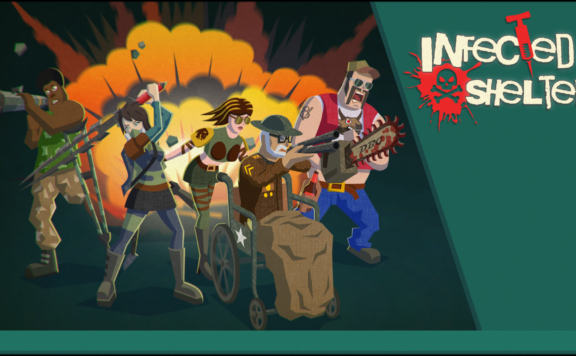
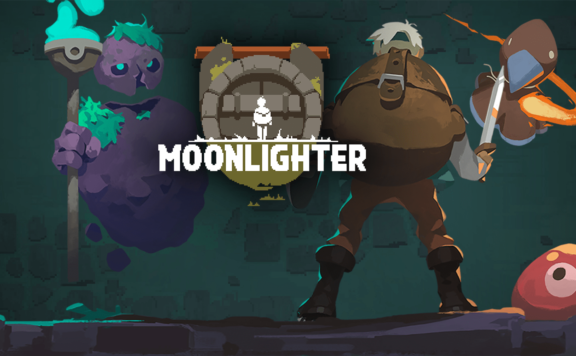
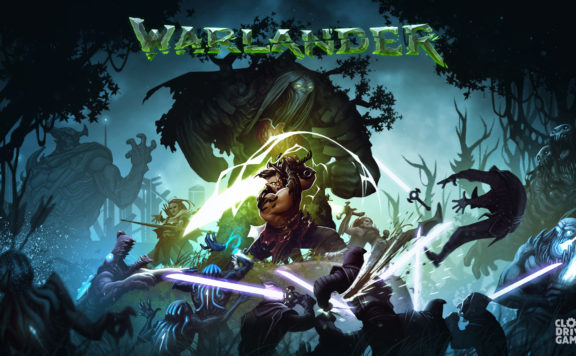

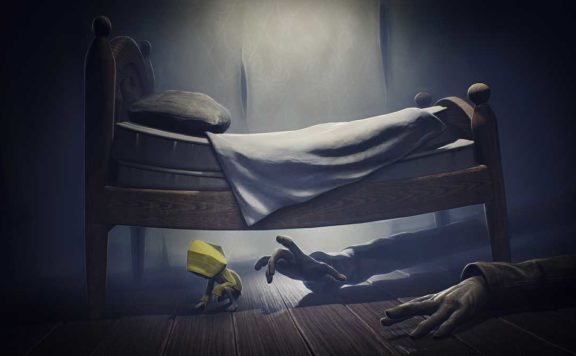
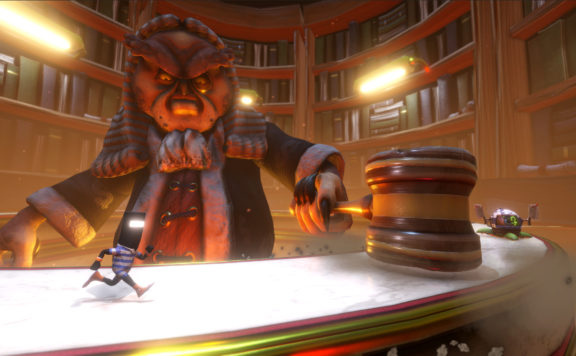
blueturtle
Can’t say I agree with the review. The game looks great but the gameplay just falls flat for me.